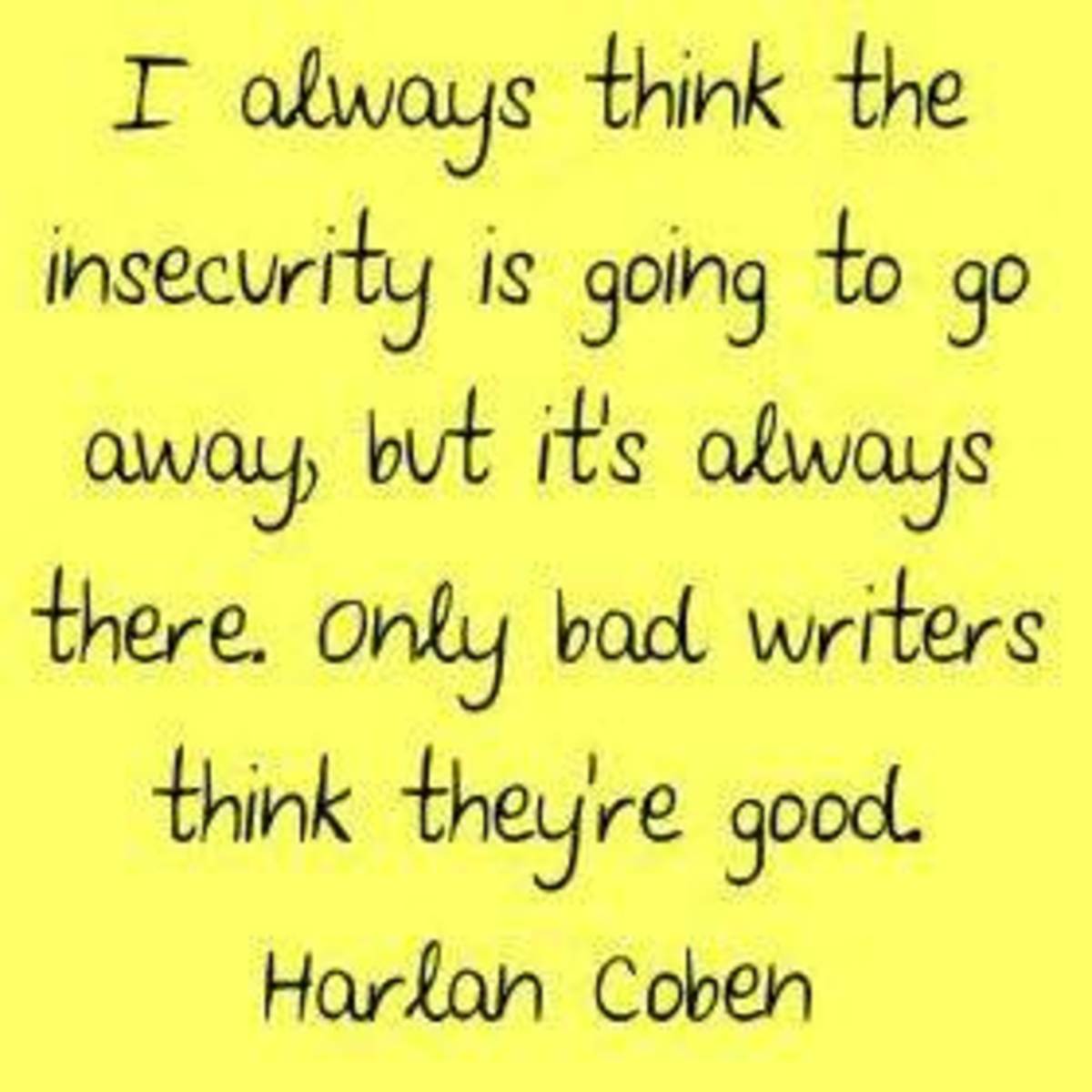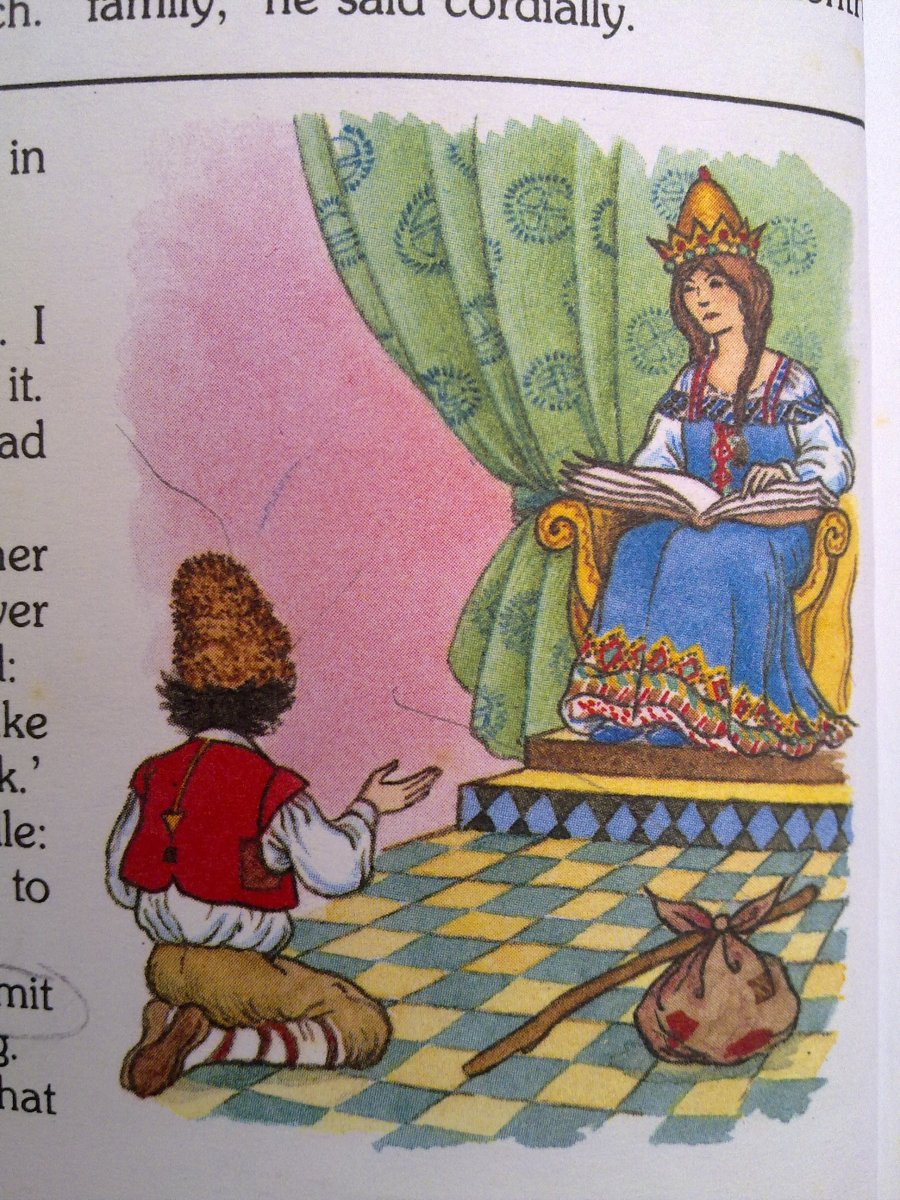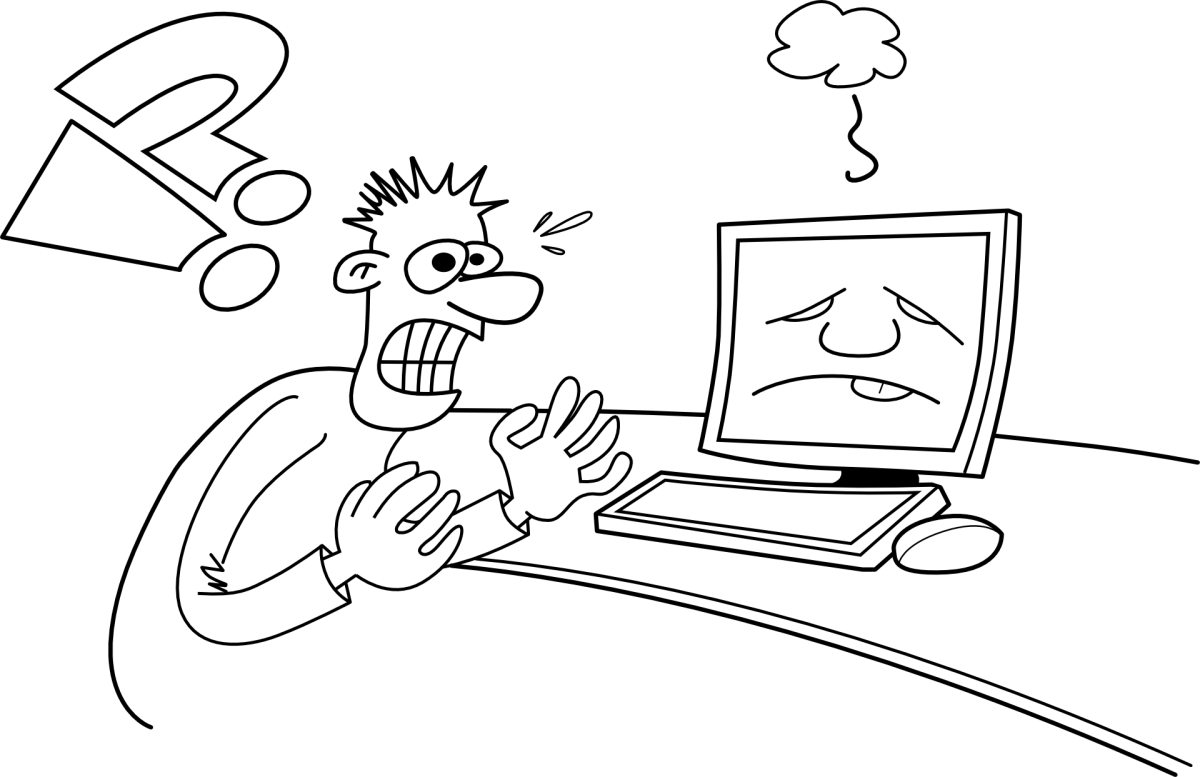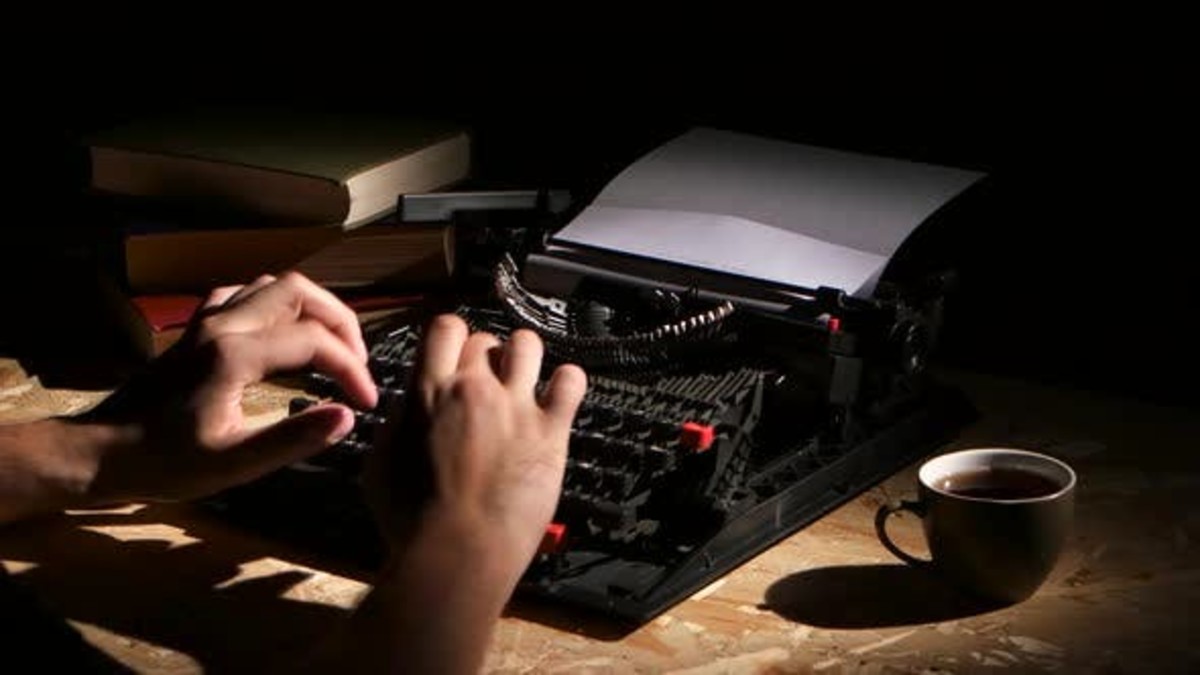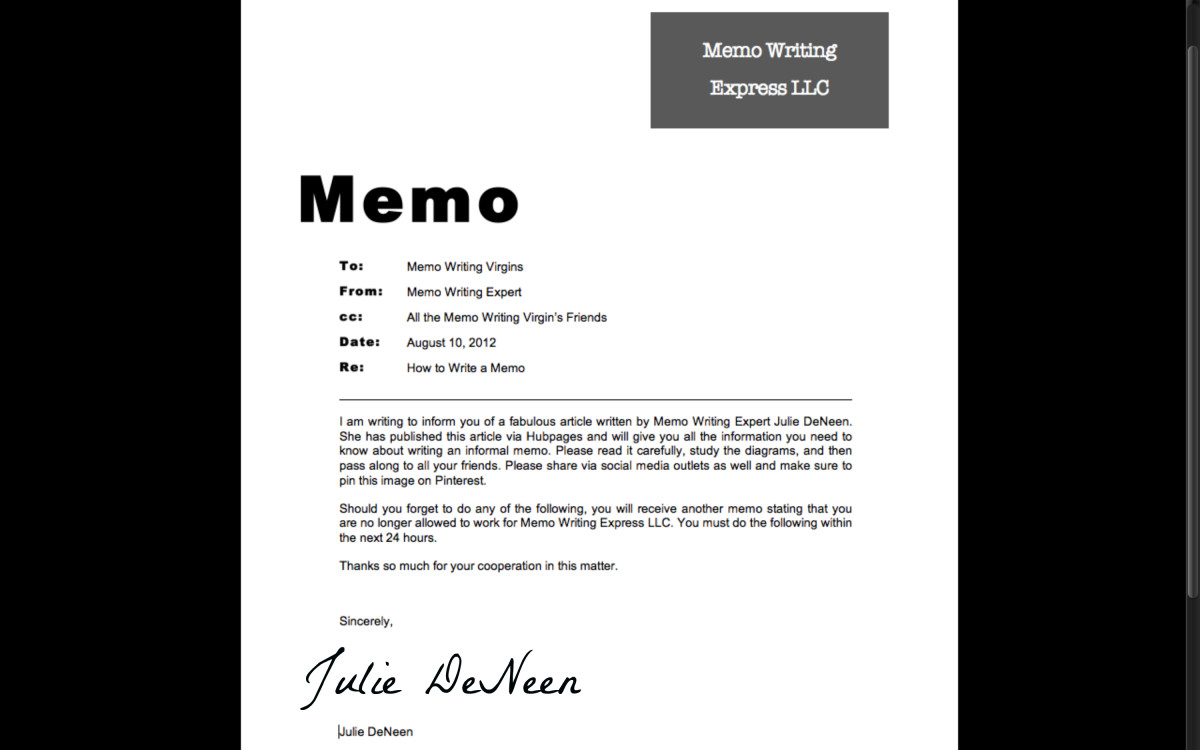What Kind of Writing do You want to Do?
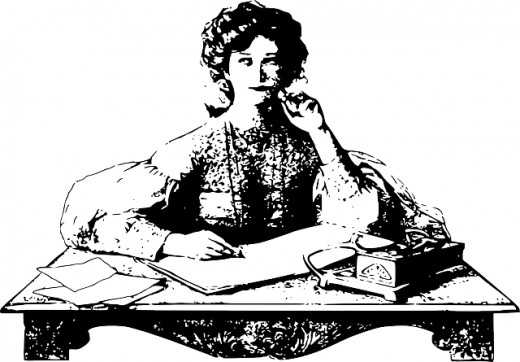
Whether you have just begun writing or have been scratching away at it for what feels like a million years, we sometimes need to re-evaluate and re-discover what kind of writer we really are. In this hub, I would like to offer some guidance in this direction, and hopefully help you to get the most out of your talent and squeeze the last drop of ink that's in your veins out onto the paper.
The Short Story
I have spoken about the short story in more depth in another hub, but let's start with this at the beginning and work up. The short story has made a comeback lately, especially with the advantage of e-book formats which lend themselves wonderfully to this form of story-telling due to the speed of reading through them and the convenience of same.
Whenever I get an idea for a story, I always write it down in brief outline and have a folder literally bulging with story ideas. Many of these, I realise, at the outset will not be turned into novels, or even novelettes or novellas. (More on these formats below).
I really do not even attempt to write a novel unless I know for sure that there is more than enough material for a novel in the idea, and that the subject intrigues me enough to go for the 'long haul' that a novel must essentially take.
So try the short story, especially if the idea is only basic in concept; it might never need to develop beyond the basic concept, and of course, the short story is the perfect expression for the simple approach of story telling. We really don't need a whole lot of detail, we just need a good basic story idea to keep the reader turning the pages.
If you have a story idea and start to feel that you are struggling with what to do next, then it may be that you simply can't take the story beyond a short story. If that's so, don't bore yourself (and the reader) with filling the story out with needless padding to make it stretch into novel status. Trim it down, remove unnecessary detail and stick to the basic concept, whatever that may be. You might then end up with a terrific short story rather than a mediocre or even bad novel. A good short story is always better than a bad long story.
The other great thing about short stories is that you can turn them out rapidly. Don't wait to get that modern version of War and Peace finished; get on with completing some brilliant short work. Especially if you're an Amazon writer (as I am) and you need to have several works up there to gain readership.
I have mentioned before, that the short story on average reaches to about 10,000 words. Many are much shorter than this, often around 1,000 or 2,000 words. This is great, as you can crack on and get them finished quickly without stressing over the novel length story. If you are writing to enter competitions, then you will absolutely have to stick to the word-count stipulated on the competition rules. But anyway, you will have accomplished what every writer needs; several stories under your belt, and more scope to develop your talent.
Flash fiction: The shortest short
Within the field of short story writing, there is 'flash fiction' too. These are ultra short, and if you want the challenge you can also try for these. The powerful thing about writing short stories comes in the art of good editing. You must needs be brutal with what you decide to remove. Ruthless editing is excellent training which will teach you to get rid of the superfluous ramble that we can all become guilty of if we are not vigilant. Your literary skills will be sharpened through writing the short story and it will prepare you for that Booker Prize novel that you are planning one day to write.
The Novelette
The 'novelette, as I understand it (I think the writing world is divided on the true definition) is basically a short story which exceeds 10,000 words and is somewhere in the 15,000 to 20,000 range. Maybe. I think there's some leeway here, though, but this is a good working guide which works in my mind when I find that a short story idea that I'm writing just keeps providing me with more precious material as I go along.
Novelette = A little novel
So, I may find that my original short story idea has entered the world of the novelette, which is the 'longer' version of the short story. I've written several of these, and I really love this version as it works well when the short story has a lot more to it and yet not enough to fill up a paperback.
I think that there's room for a lot more of the novelette style as it gives the author room to add more and not feel bound by the 'rules' of the short story.
The Novella
The novella takes us, (it is said by various sources) into the 20,000 to 40,000 word range, give or take a few thousand words. Let's keep to a nice easy demarkation line here, a wavy line rule made of string rather than a tight straight-edged one made of steel. But somewhere in this range, we have our novella, which many famous authors have used as a format for some of their greatest works. A few examples are Charles Dickens' A Christmas Carol, George Orwell's Animal Farm, and Richard Bach's Jonathan Livingston Seagull, all of which worked brilliantly in the novella format. Anymore would possibly have proved too much in the novel range, and might indeed, have taken the essence away from the story's main theme.
I love the novella, because, I think it works for us when we feel that we are coming to the conclusion but realise that the story does not need to be any longer than it already is. It works just as it is, preserving the message of the tale without being a full-blown novel to reach the same point. We edit! We keep it in a tidy range.
Don't fool yourself into thinking that, Oh my God, I'm not a writer unless I write a novel that's at least 60,000 words long or even 100,000 or more words. I think this is why so many authors wrote trilogies, and the same reason that books such as The Lord of the Rings are made into trilogy format for sale rather than in one huge, bulking book of Biblical proportions. Someone may have read the Bible through from beginning to end but not everyone these days has the stamina for that. We must really like a book to read such tomes.
Therefore, be of good cheer ye would-be novelists; the novella just might save your backside and free you up to move onto the next best-seller.
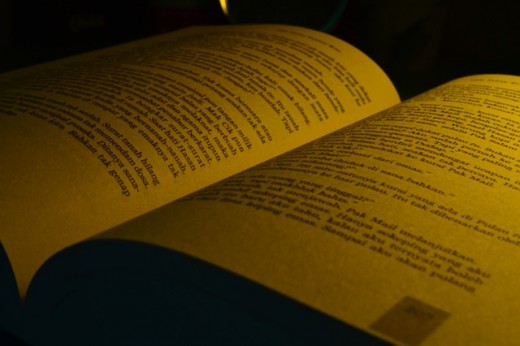
The Novel
I'm almost terrified to write the words, the novel after what I've just been saying above, but of course, all of us will come up with an idea or two or three or more, which definitely has so much material to it that it cannot go into anything other than a novel format.
The average novel, as I understand it (correct me if I'm wrong) runs to about 60,000 words. The average novel. Again, there is our flexible piece of string which gives us some nice leeway on the actual boundary line where the novella crosses into the territory of the novel proper. There then seems to be no upper limit on the word-count, once a novel gets past the 60,000 mark, taking us to the moon and back if we like.
But no one writes such voluminous works, and if they do, we find that they are as stated above, trilogies or a whole series of stories. Think of Bernard Cornwell's Sharpe stories for example. The aim towards the novel is the epitome of literature that every author thinks he or she should aspire to, but, as we have observed above, with several famous examples, that is not necessarily so; don't you feel relieved to hear that? I know I do.
Finding your Genre
Finally, after all that, please do allow yourself the freedom to experiment with your writing style and genres in particular. You will discover most of all what you are personally 'drawn' to in fiction (or self-help for that matter) and if, at any point you feel inside that it isn't working then that might actually be the case. Listen to that inner voice.
If you start to feel bored by a story you're working on, then that will relay itself to the reader. There is no way that a boring write for you can ever convey anything else but the same feeling to the reader. All our writing starts with us, you see. If we don't like it, chances are pretty strong that no one else will.
Now of course, you may very well write something which you feel is beyond brilliant. It might well be. On the other hand, some readers might hate it. But the point is this; if you enjoyed writing it, then there will most definitely be an audience out there for you who will feel that and love it too. We know, logically that not every reader will read and like what we write. The important part here is that you like it. the magic in that feeling will rub off on others too.
Experiment with writing on several different subjects. This is where the short story format comes in most useful of all. If you like Westerns, then try your hand at a Zane Grey style short story. You might find your niche that way. Or, maybe try Science Fiction if you also like that. Like Ghost stories? Try writing one. I could cover every genre here, but you get the gist.
I have written several short stories on various subjects, and this has truly helped me to find what I like writing about best of all. If you follow these guidelines, I am convinced that you will discover what kind of writer you really are, and express that more fully.

Rate this article
© 2016 S P Austen


